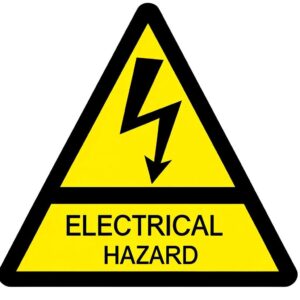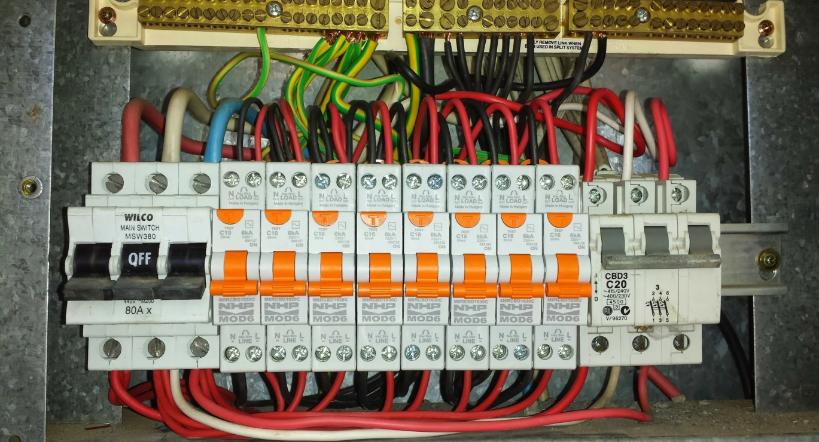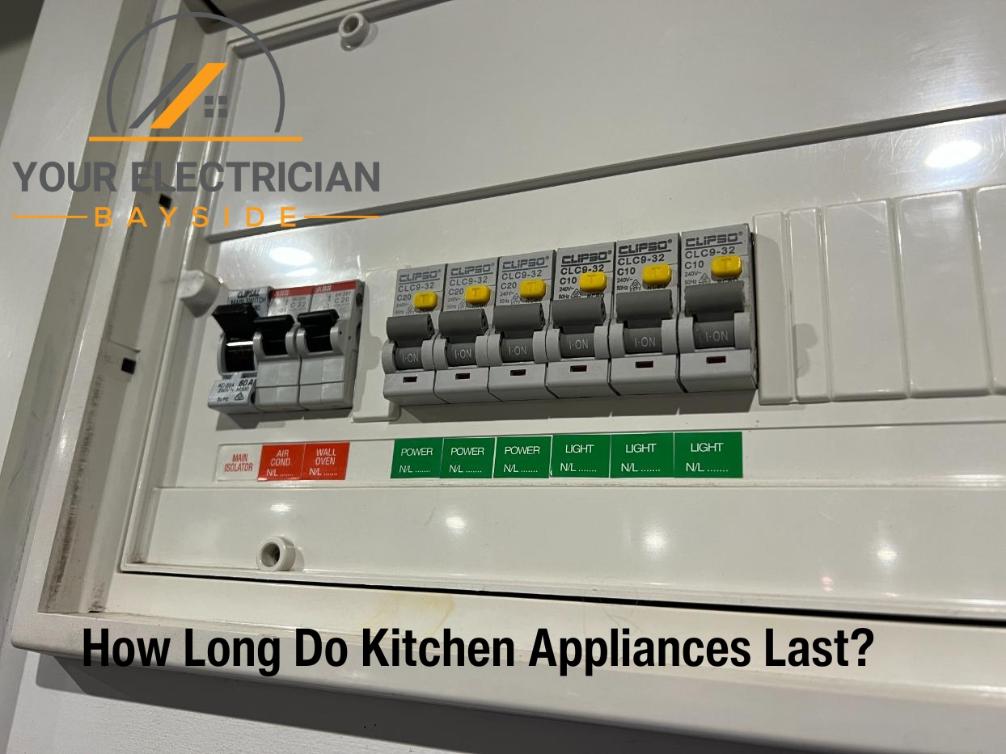The common electrical hazards at home are old wiring systems, water close to electrical sources, overloaded power points, unattended electrical appliances, and damaged cords or wires. Knowing these dangers is vital for keeping any home environment safe.
An experienced electrician in Bayside would emphasise the importance of regular electrical system inspections to prevent these issues. Additionally, being aware of these risks is beneficial in implementing safety measures to reduce the likelihood of electrical accidents.
For this post, we’ll expand on the electrical hazards common in many properties today.
Old Wiring Systems
Outdated wiring systems are a primary concern in many homes. These wires cannot often handle modern electrical demands, leading to potential hazards.
Such systems may not include safety mechanisms like circuit breakers, increasing the risk of electrical fires. Regular inspections and obtaining an electrical certificate of compliance can ensure safety.
Water Close to Electrical Sources
Water’s proximity to electrical sources significantly increases the risk of electric shock. Bathrooms and kitchens are particularly vulnerable areas.
Keeping electrical devices and outlets away from water is essential to prevent accidents. This includes avoiding the use of hairdryers or radios near baths or sinks.

Overloaded Power Points
Power points burdened with too many appliances can lead to overheating and electrical fires. It’s vital to distribute electrical devices across different outlets and avoid using multiple power boards on a single socket.
If additional points are needed, professional installation is advised to ensure safety.
Unattended Electrical Appliances
Leaving electrical appliances on without supervision can lead to overheating and potentially cause fires. Always turn off and unplug devices like irons, heaters, and ovens when not in use.
This simple habit can greatly reduce the risk of fire in your home.
Damaged Cords or Wires
Cords or wires that show signs of damage, such as fraying or cracking, pose a serious hazard. These can lead to electric shocks or fires if left unattended. Regularly inspecting and promptly replacing damaged cables is crucial for maintaining a safe environment.
Additionally, ensuring cables are not stretched under carpets or across walkways can prevent damage.
What Should I Do If There’s an Electrical Hazard in My Home?
You should turn off the power to the affected location if there’s an electrical hazard in your home. Head over to your circuit breaker or fuse box to deactivate power, but only when it’s safe to do so.
The next step is to keep a safe distance from the hazardous area and avoid touching anything, particularly damaged appliances or exposed wires.
Finally, you need to call a qualified electrician since these individuals can effectively inspect and resolve the issue. Attempting to do the repairs yourself is dangerous.




